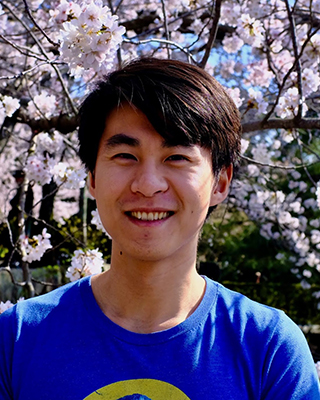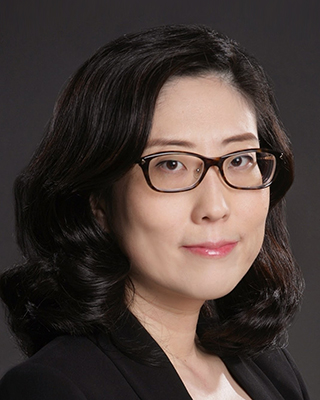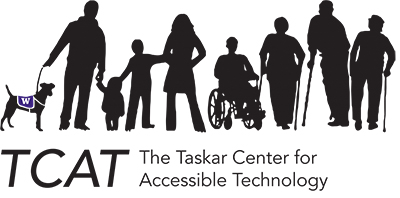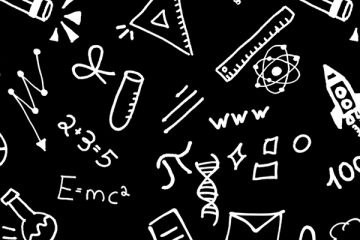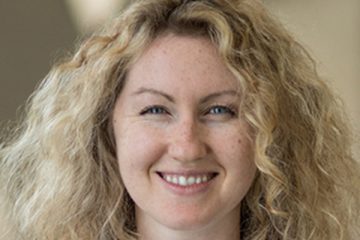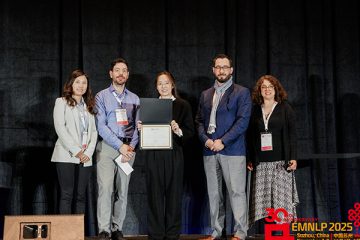Allen School researchers are at the forefront of exciting developments in AI spanning machine learning, computer vision, natural language processing, robotics and more.
We cultivate a deeper understanding of the science and potential impact of rapidly evolving technologies, such as large language models and generative AI, while developing practical tools for their ethical and responsible application in a variety of domains — from biomedical research and disaster response, to autonomous vehicles and urban planning.
Groups & Labs
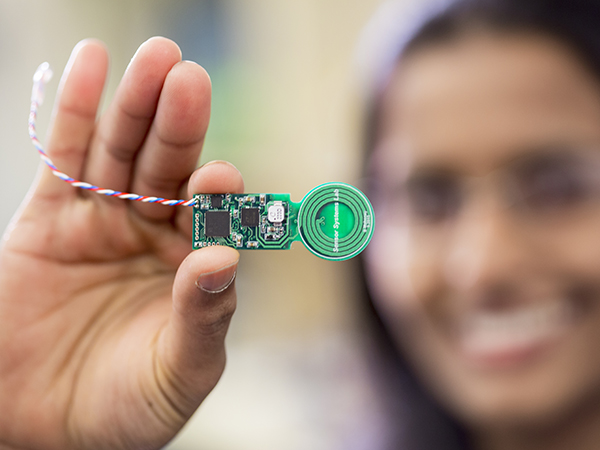
Sensor Systems Laboratory
The Sensor Systems Laboratory invents new sensor systems, devises new ways to power and communicate with them, and develops algorithms for using them, with applications in the domains of bioelectronics, robotics, and ubiquitous computing.
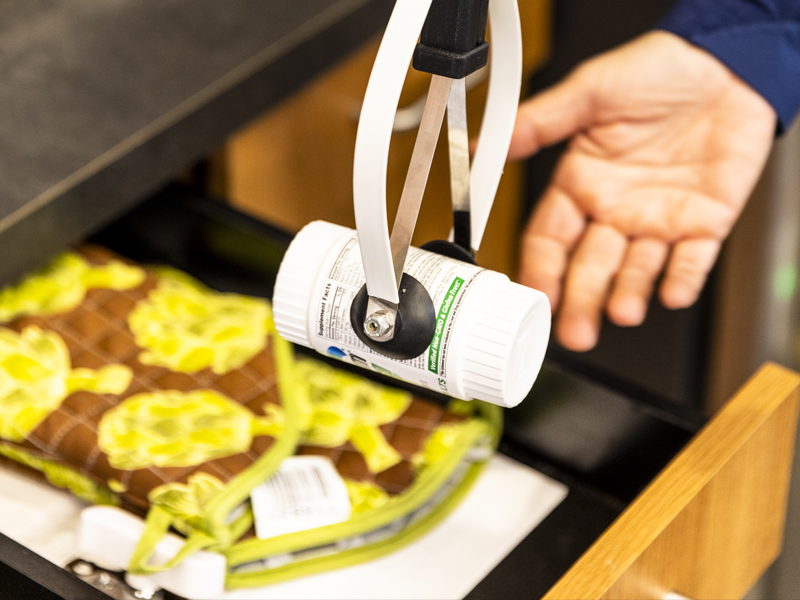
Human-Centered Robotics Lab
In the Human-Centered Robotics lab we aim to develop robotics that are useful and usable for future users of task-oriented robots.
Faculty Members
Centers & Initiatives
TCAT harnesses the power of open-source technology to develop, translate, and deploy accessible technologies, and then sustain them in the hands of communities. Housed by the Paul G. Allen School for Computer Science & Engineering, TCAT centers the experience of people with disabilities as a lens for improving design & engineering, through participatory design practices, tooling and capacity building.
The interdisciplinary DUB group at the University of Washington advances research, collaboration and teaching related to the interaction between design, people, and technology.
Highlights
UW News
Allen School News
Allen School News

